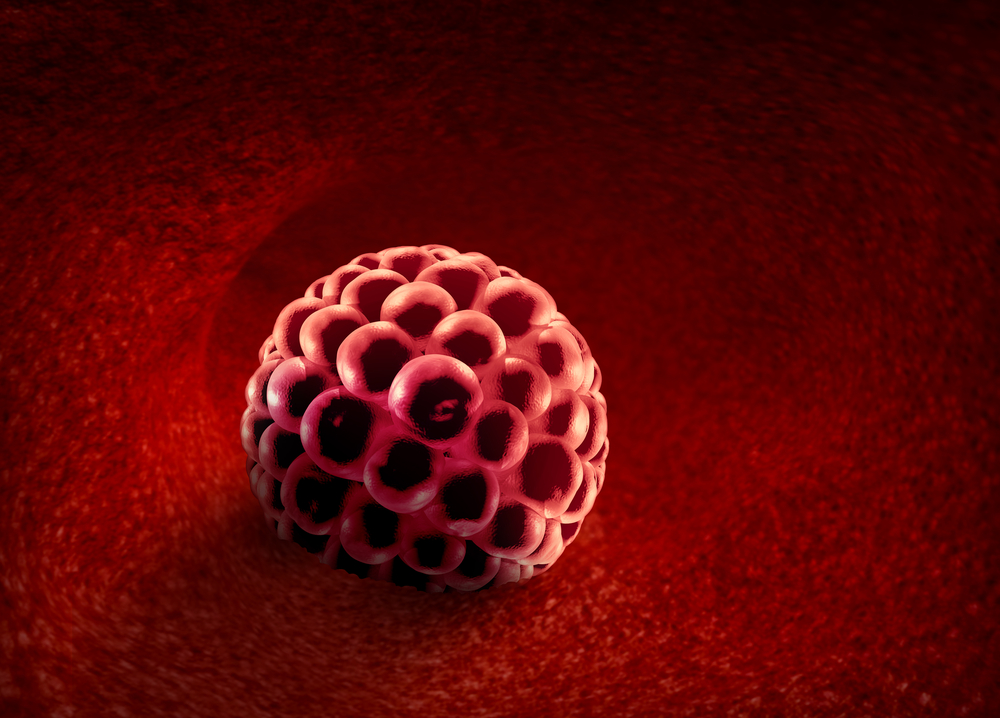Implantation is when a fertilised egg (embryo) attaches itself to the lining of the uterus. This marks the beginning of a pregnancy.
Is conception and implantation the same thing?
No, conception does not automatically result in implantation or pregnancy. To help you understand the two definitions here is a little more information about the process of implantation and when it occurs…
Stage 1 – An egg is released from an ovary into the fallopian tube. This is called ovulation.
Stage 2 – After sex, sperm travels into the fallopian tubes where it can fertilise the egg.
Stage 3 – If the sperm is successful in fertilising the egg, this is called conception.
Stage 4 – The fertilised egg attaches itself to the lining of the uterus. This is called implantation.
At this point, pregnancy has officially started.
Implantation usually takes place about six to nine days after ovulation. However if implantation does not occur, then the fertilised egg will leave the body during the next menstrual period.
Are there any symptoms associated with Implantation?
About one-third of women experience bleeding with implantation. This is usually light bleeding, often referred to as ‘spotting’. This should last no more than 48 hours, often just appearing for a few hours. However many women are unaware of this symptom and may mistake it for a period. It is unusual for implantation bleeding to require any medical attention, but sometimes it is best to visit your doctor just to make sure. Implantation can also cause mild cramping and unusual coloured discharge.
How soon can I take a pregnancy test?
Pregnancy tests are most accurate from the first day of your missed period. Pregnancy tests look for the presence of the hCG hormone in your urine or blood to confirm a pregnancy. Implantation must occur for the body to start producing this hormone.
If you would like more advice on your fertility or require any of our other expert services, please do not hesitate to contact us.

